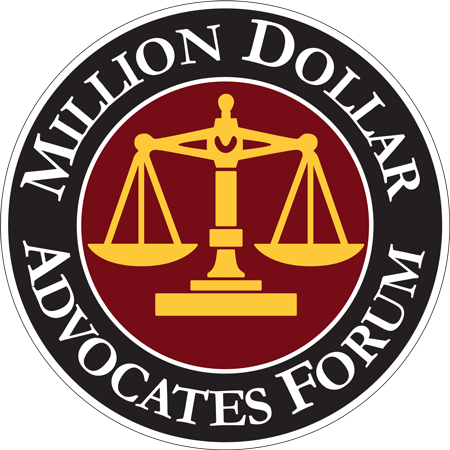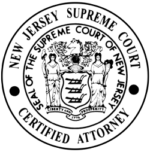10 Things You Shouldn’t Tell the Insurance Company After a Car Accident

After a car accident, it is wise to tread carefully when communicating with insurance companies. What you say can significantly impact your claim and your compensation. Insurance adjusters may seem friendly, but their primary goal is to minimize the amount the company pays out. Therefore, it is essential to know which information to withhold.
Here are 10 things you should not disclose to the insurance company after a car accident.
Admitting Fault
Immediately following an accident, emotions tend to run high. You may feel compelled to apologize or accept blame, even if the accident was not your fault. However, that can harm your claim and jeopardize your chances of receiving fair compensation. Avoid making statements interpreted as an admission of guilt; stick to the facts and say as little as possible.
Speculating About Injuries
While you may feel fine initially, some injuries may not manifest symptoms until later. Refrain from speculating about your injuries or their severity. Instead, seek medical attention promptly and let a healthcare professional assess your condition. Only provide information about your injuries once you have received a proper diagnosis.
Discussing Pre-Existing Conditions
If you have pre-existing medical conditions, avoid mentioning them to the insurance company unless directly relevant to the accident. Disclosing unrelated medical history could be used against you to diminish the value of your claim or deny coverage for your injuries.
Providing Recorded Statements
Insurance adjusters may request recorded statements to gather information about the accident. While they may frame it as a routine procedure, remember that anything you say during these recordings can be used against you. Politely decline to provide a recorded statement until you have consulted with a qualified attorney.
Saying Yes to a Quick Settlement
Insurance companies frequently offer quick settlements to resolve claims swiftly – for the least amount possible. These initial offers may not adequately compensate you for your injuries, medical expenses, or other damages.
Exaggerating or Minimizing Damages
Be honest and accurate when discussing the extent of your injuries or property damage. Exaggerating or minimizing the severity of your damages can undermine your credibility and weaken your claim. Stick to the facts and provide documentation, such as medical records and repair estimates, to support your assertions.
Signing Medical Authorization Forms
Insurance companies may request that you sign medical authorization forms, granting them access to your medical records. While you might need to provide relevant medical information about the accident, signing broad authorization forms could allow them to access your medical history. Review documents carefully and consider seeking legal advice before signing.
Posting on Social Media
It can be tempting to share details about your accident on social media, but posting about it could harm your claim. Insurance companies may monitor your social media accounts for evidence contradicting your injury or damages claims. We recommend refraining from discussing the accident or your injuries online, even after resolving the claim or case.
Allowing Unrestricted Access to Your Vehicle
The insurance company may request access to inspect your vehicle after an accident. While allowing them to assess the damage is reasonable, be cautious about granting unrestricted access. Ensure that you or your attorney are present during the inspection to prevent potential manipulation or misrepresentation of the damages.
Settling Without Legal Representation
Dealing with an accident claim can be challenging, especially with insurance companies looking to minimize payouts. An experienced attorney can explain your rights, negotiate with insurance adjusters on your behalf, and pursue maximum compensation for your losses.
Consult With Our New Jersey Car Accident Lawyers at Kitrick, McWeeney & Wells, LLC Before You Speak to Your Insurance Company
What you say and do after a car accident can significantly impact the outcome of your insurance claim. Avoid these common pitfalls when communicating with insurance companies, and contact our experienced New Jersey car accident lawyers at Kitrick, McWeeney & Wells, LLC for a free consultation. Call 732-920-8383 or complete our online form. Located in Manasquan and Brick, New Jersey, we serve clients in Middlesex County, Atlantic County, Mercer County, Monmouth County, and Ocean County.








